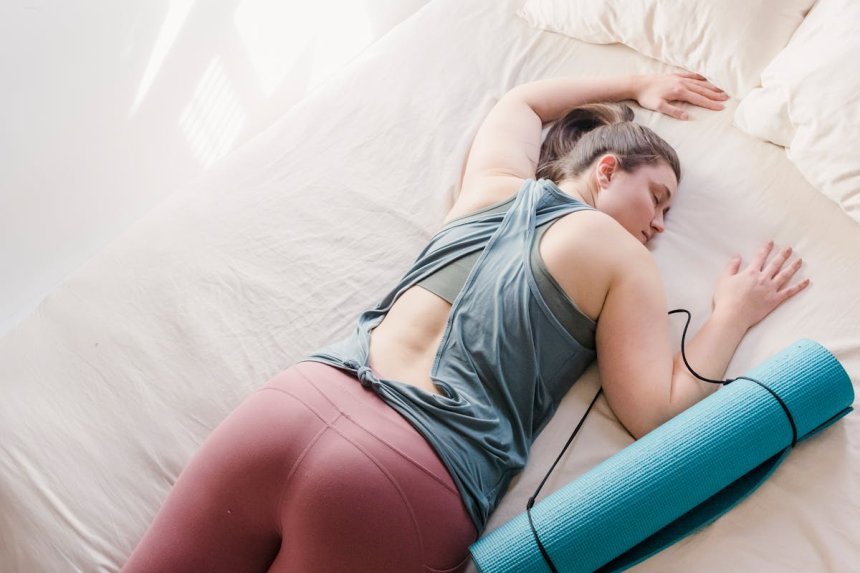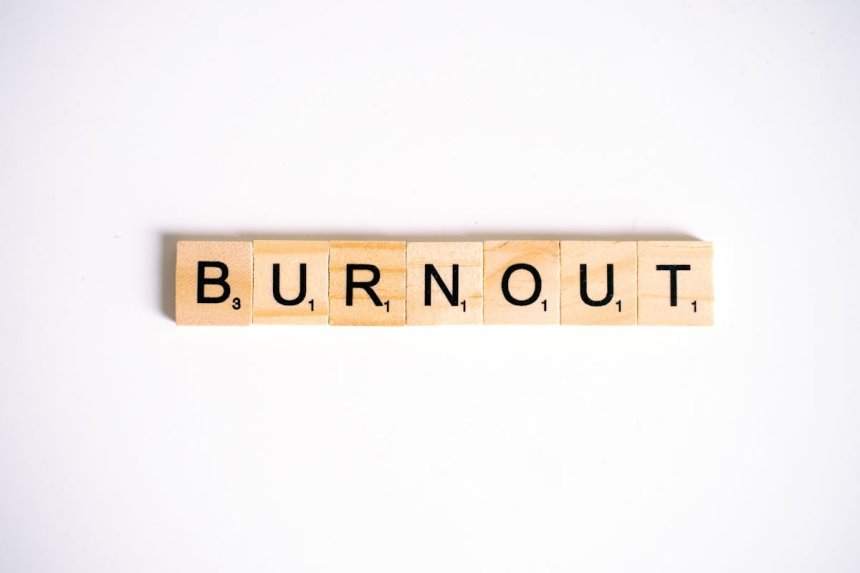Can an athlete's performance be affected by sleep?
To truly understand how to recognize quality sleep, it is also extremely important to know the main indicators of poor sleep. Some indicators have been identified by the National Sleep Foundation in the United States. They are:

Did you know that the quality of sleep tends to interfere with an athlete's performance and results? There is no point in training all week and not having an adequate sleep routine, according to your performance and body.
In other words, if you don't sleep well, in addition to poor results, you tend to have a greater chance of injuring your muscles or simply not developing them as desired. To talk more about this subject, we have prepared special content.
How do I know if I slept well?
Unfortunately, it is not possible to know whether you slept well or not in such a specific way. To do this, we usually analyze factors such as the number of hours slept at night, the number of times you woke up, and other factors.
To truly understand how to recognize quality sleep, it is also extremely important to know the main indicators of poor sleep. Some indicators have been identified by the National Sleep Foundation in the United States. They are:
- Taking more than 1 hour to fall asleep;
- Spending about 75% of your sleep time trying to sleep instead of getting to sleep;
- Waking up for about 40 minutes in the middle of the night and then going back to sleep;
- Waking up 4 or more times during the night, even quickly.
If any of these situations happen to you while you sleep, be sure that the quality of your performance as an athlete is being compromised.
Does sleep quality impact sports?
Quality of life is measured by the quality of your sleep, and that is why we can use this same statement in sports. This happens because only during sleep are some fundamental elements for quality of life regenerated.
Therefore, it is clear that sleep deprivation has a major impact not only on your performance as an athlete, directly and indirectly, but also on your mental health. The body of a professional athlete, for example, undergoes intense physical training on a daily basis, and therefore, an irregular sleep schedule can result in even more pronounced consequences.
When an athlete does not sleep well, it means that their performance will be compromised, as the necessary recovery processes have not been completed. Although this greatly affects professionals, amateurs who only practice bodybuilding can also be affected.
Below, we separate the main phases of sleep:
- Initial stage – marks the beginning of the transition to sleep, characterized by decreased brain activity and slower breathing.
- Third stage – indicates the beginning of deep sleep, when brain waves become smoother and more regular.
- Fourth phase – at this stage, the body enters a state of unconsciousness, releasing growth hormone (GH) to repair and regenerate tissues and replenish spent energy.
- Last phase – during this period, the body enters the dream phase, also known as the REM (Rapid Eye Movement) phase, when the information received throughout the day is consolidated.
Therefore, those who do not sleep well do not go through all the phases and have their bodies damaged. Furthermore, sleep that does not reach phase 4 does not release GH as indicated.
Considering that this is the hormone necessary for muscle and physical growth, it is of great importance for sports performance.
Sleep deprivation and consequences in the athlete's life
Sleep deprivation is a factor that affects everyone, whether they are sedentary or physically active. However, athletes who subject their bodies to intense activities and high levels of stress on a daily basis should be especially careful.
Therefore, when faced with sleep problems, the main consequences we can highlight are:
- Problems with weight stability within the healthy range;
- Worsening mood;
- High risk of accidents caused by fatigue;
- Greater propensity to cardiovascular diseases;
- Loss of concentration.
All of the damages mentioned above tend to harm the lives of everyone who does not get quality sleep.
Learn how to establish a good night's sleep
Now that we have covered the main points regarding sleep quality and athlete performance, let's move on to the part where we explain how to improve your sleep. We have put together some golden tips that can be useful for improving your results!
Prioritize light meals before bed
It is natural for the human body to have a slower digestive process at night. Therefore, opting for heavy meals before bed can compromise the quality of your sleep, as your body also needs to rest.
Prioritize your last meal up to 2 hours before bed and opt for light, quick-digesting foods.
Avoid cold showers
Some people prefer cold showers, but to relax the body even more, a hot shower is a surefire way to do it. However, it is recommended that you take this shower about 90 minutes before bedtime so that it cools down gradually.
Only then will it be possible to relax your body and get a good night's sleep with an even faster falling asleep process.
Skip naps throughout the day
When we don't sleep well at night, naps during the day can provide the energy we need. However, napping should not become a habit, as it can compromise the quality of our sleep.
Conclusion
As we highlighted throughout the content, the quality of sleep is of utmost importance for the athlete's performance.
After all, only during this time does the body recover from stressful situations that are common in the professional's body due to the high intensity of physical exercise.
Therefore, sleep problems should be monitored by specialists to increase your physical performance.
In addition, there are times when athletes' sleep is compromised due to the anxiety of championships and competitions. For this reason, professional medical monitoring can prescribe herbal remedies that reduce anxiety and help with sleep recovery.
Share
What's Your Reaction?
 Like
0
Like
0
 Dislike
0
Dislike
0
 Love
0
Love
0
 Funny
0
Funny
0
 Angry
0
Angry
0
 Sad
0
Sad
0
 Wow
0
Wow
0













